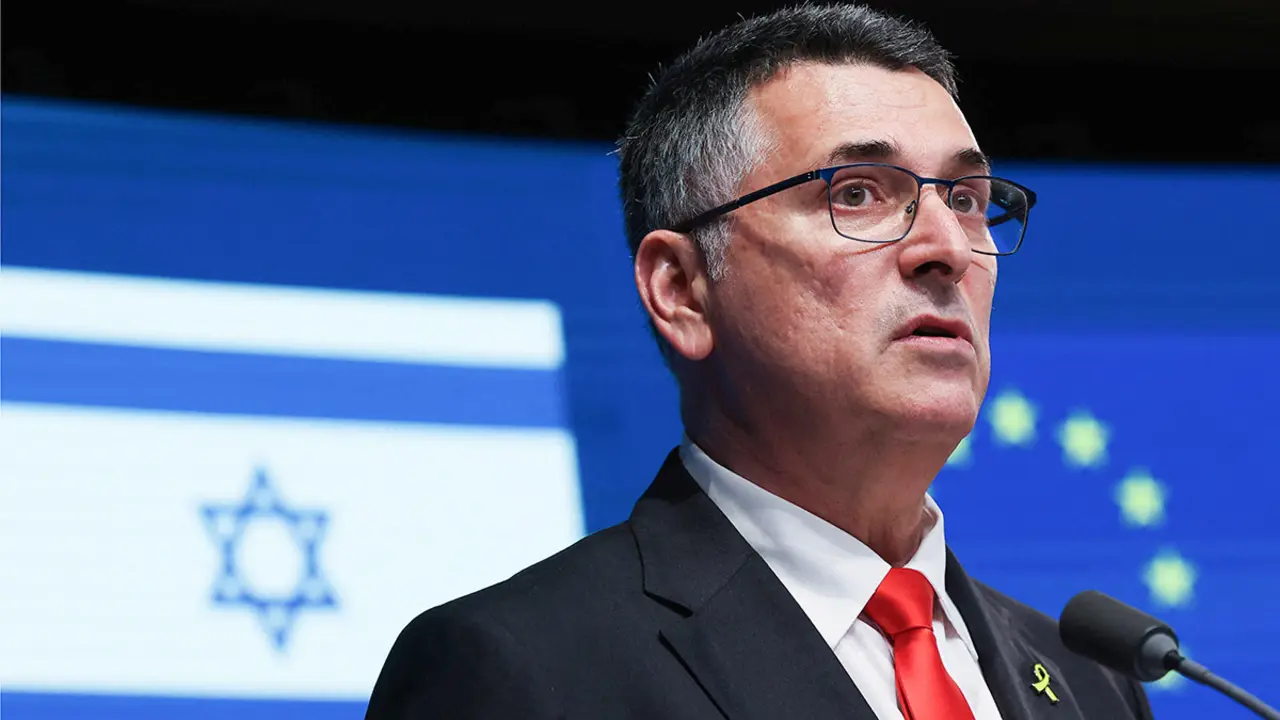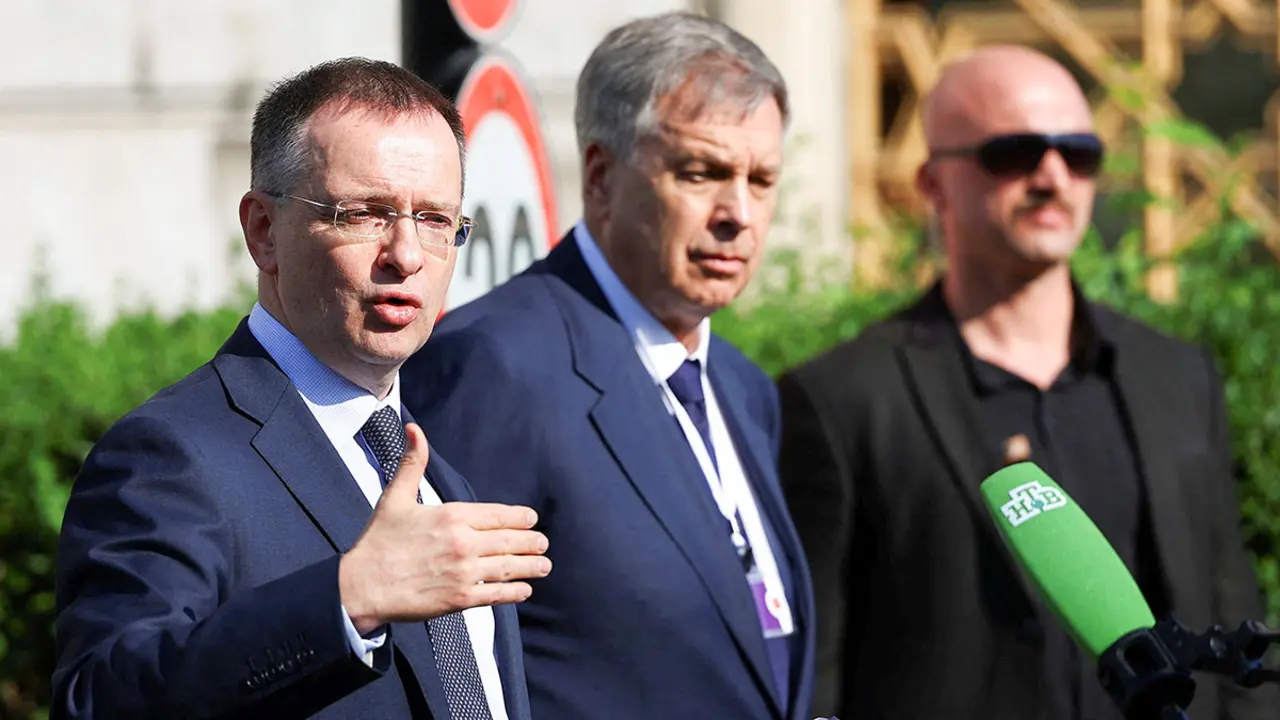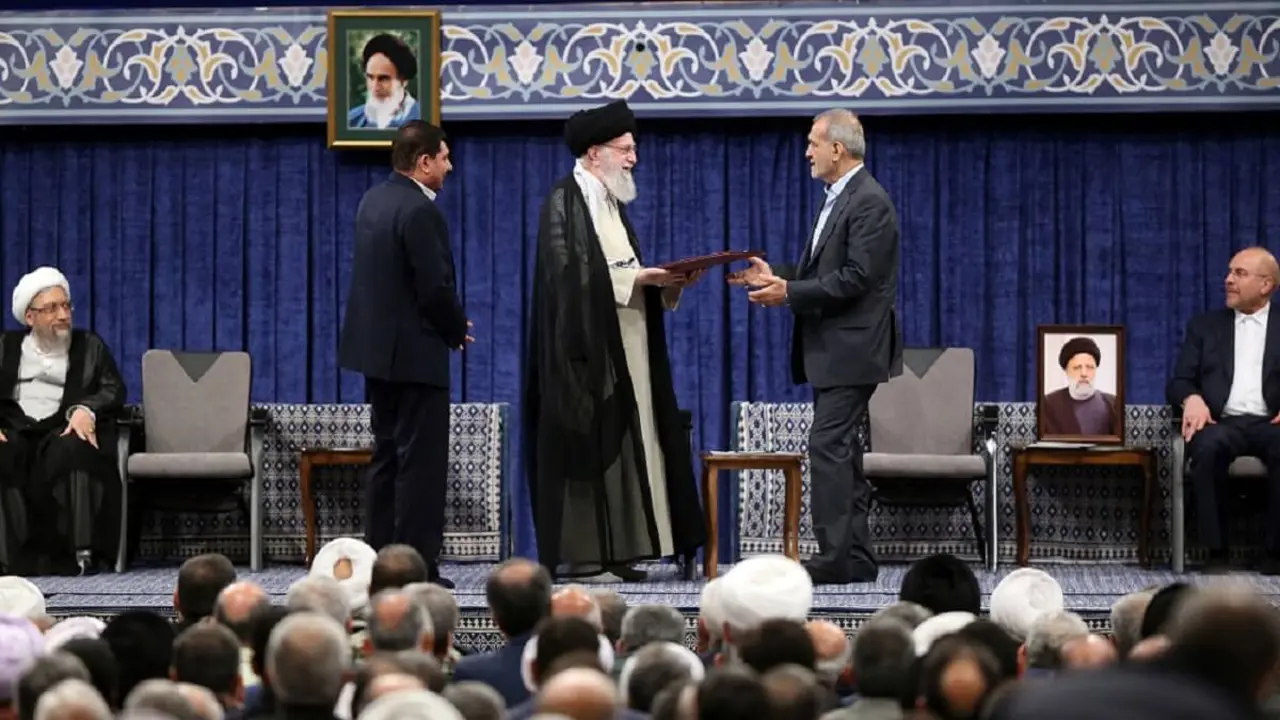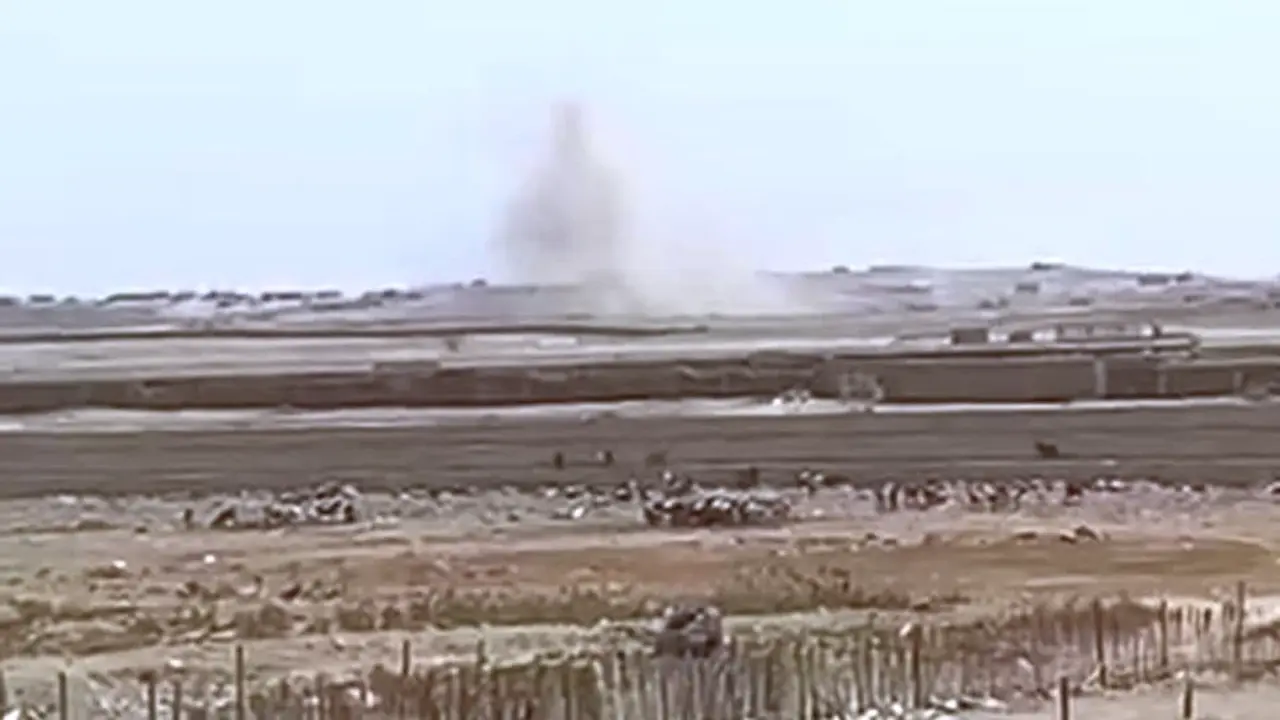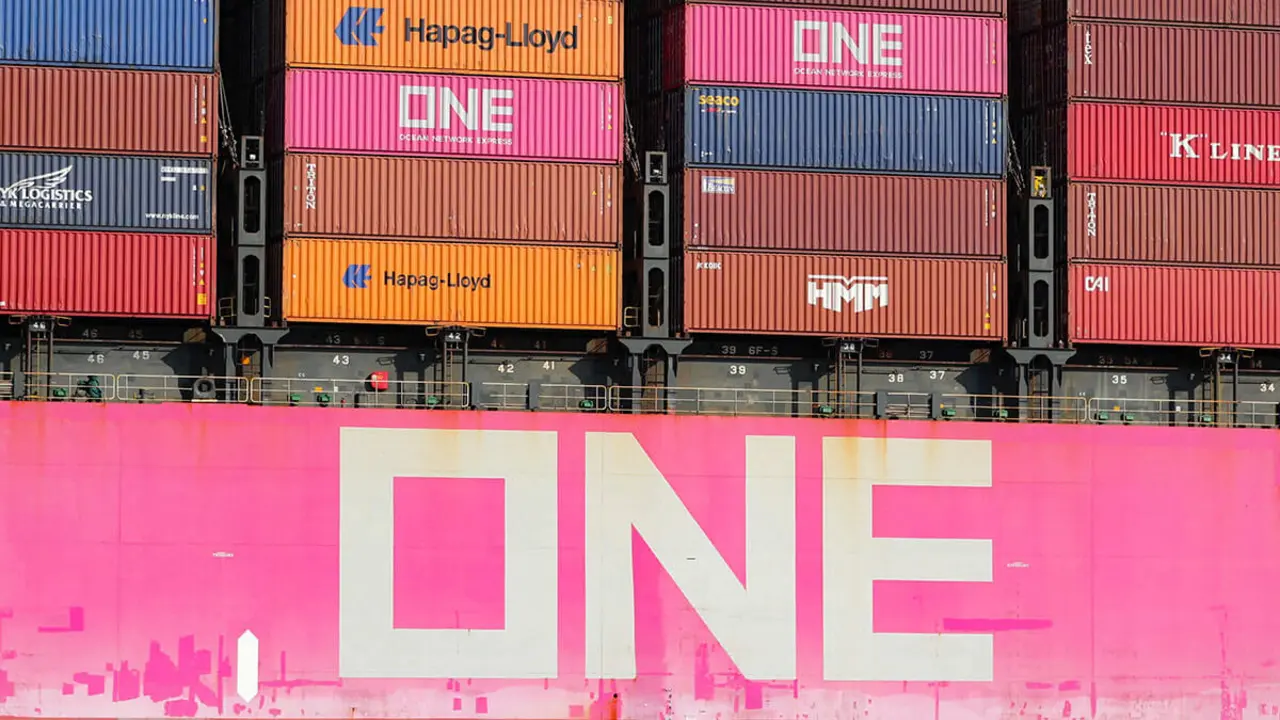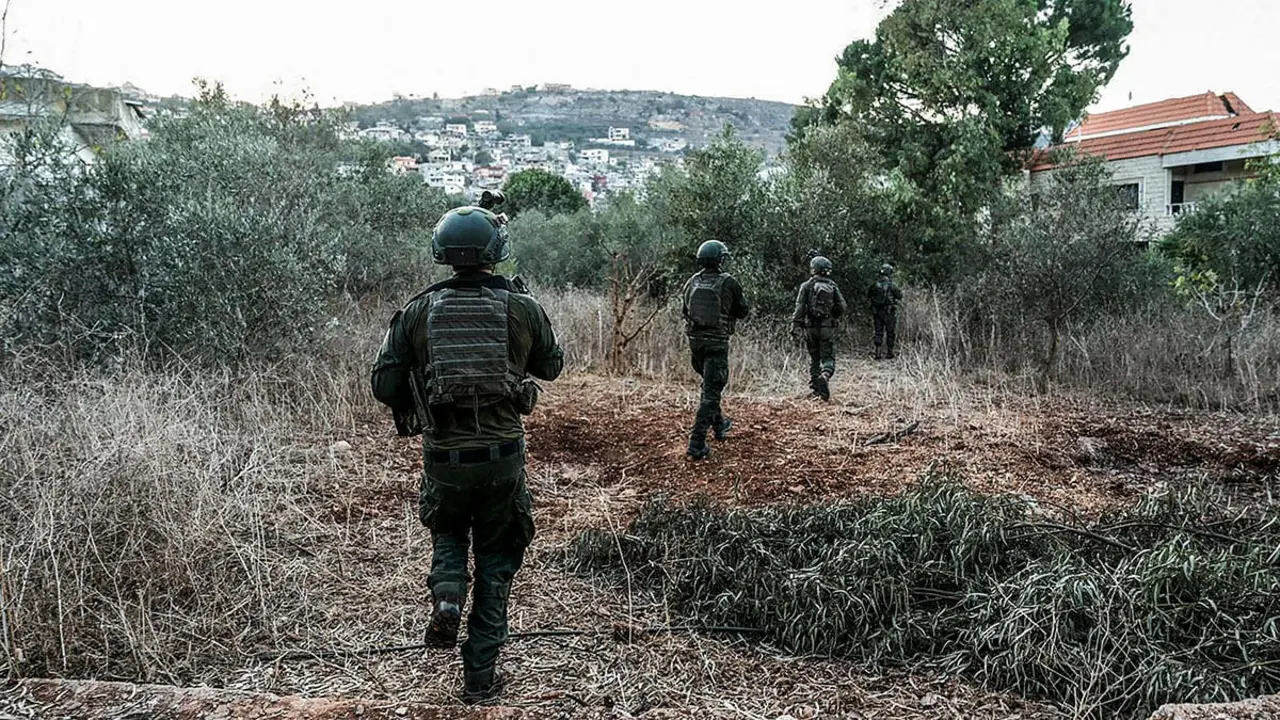General Khaled Nezzar on trial in a Swiss court

The news that former Algerian Defence Minister Khaled Nezzar is to be tried in Switzerland for alleged war crimes committed in Algeria between 1992 and 1994 is raising concern, unease and many questions.
In 2011, the Swiss NGO Trial International filed a complaint against General Nezzar with the attorney general of the Swiss Confederation for his alleged involvement in "war crimes and crimes against humanity" during his two years as Algeria's Minister of Defence and head of the country's military junta. After ten years of investigations and hearings, the last of which was held against the Algerian general earlier this February, the Prosecutor's Office must decide whether Khaled Nezzar will be tried by the Federal Criminal Court.
The news has raised many questions. Firstly, the very fact that a high-ranking leader of one country, Algeria, is being tried by a normal court in another country, Switzerland, when the acts with which the accused is charged have no connection with the latter, nor does the accused reside in Switzerland, nor are the possible victims of the acts with which he is charged Swiss citizens.

Secondly, there is the very nature of the accusations. The accusing NGO, Trial International, has as its flagship CV the denunciation of General Nezzar, but is not known for any allegations of corruption, human rights crimes, mistreatment and other anti-democratic acts in its own country. Unlike other Swiss associations such as Gotham City or Public Eye, which hold high the banner of fighting money laundering, corruption and links between the Swiss state and international organised crime, Trial remains silent on these issues.
Thirdly, the ultimate goal of this "trial" remains unclear. Is it because General Nezzar does not keep his capital in a Swiss bank, or is it because Trial's sponsors - who are, by the way, major figures in the international financial world - have a problem with Algeria and want to settle accounts?
In any case, if the trial goes ahead and the Algerian general is tried and sentenced, albeit with light sentences, it sets a very dangerous precedent for the entire Maghreb region, the Arab and African world, because it gives rise to judicial interference by a third country in the internal affairs of any foreign country.

It is true, and absolutely necessary, that anyone who has committed crimes of this nature, whether actively or passively, must be brought to account in the courts. But first and foremost, he must do so in his own country, because the victims who have suffered must be able to participate in the trials. If General Nezzar is to be brought to justice, he must do so in Algeria, not in Switzerland, France or Turkey. The victims in Algeria of the so-called black decade of the 1990s have at least that right.


